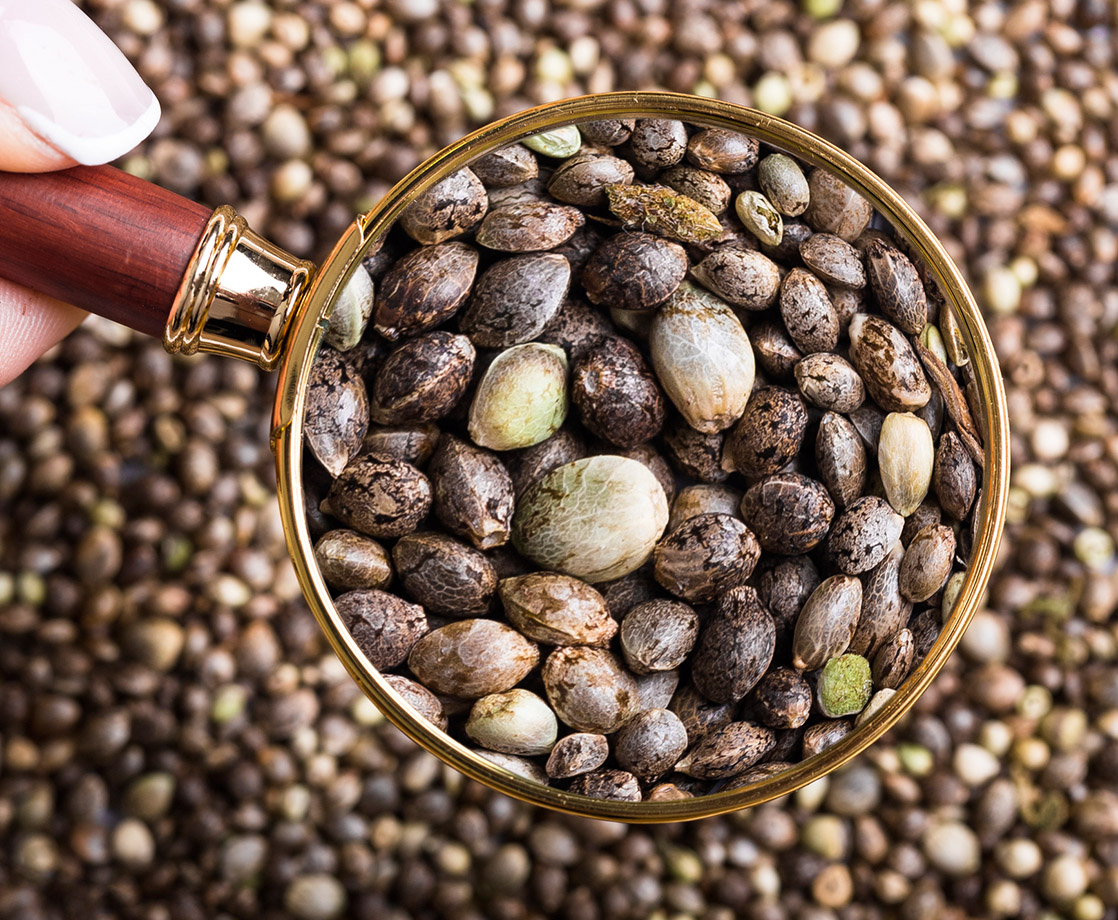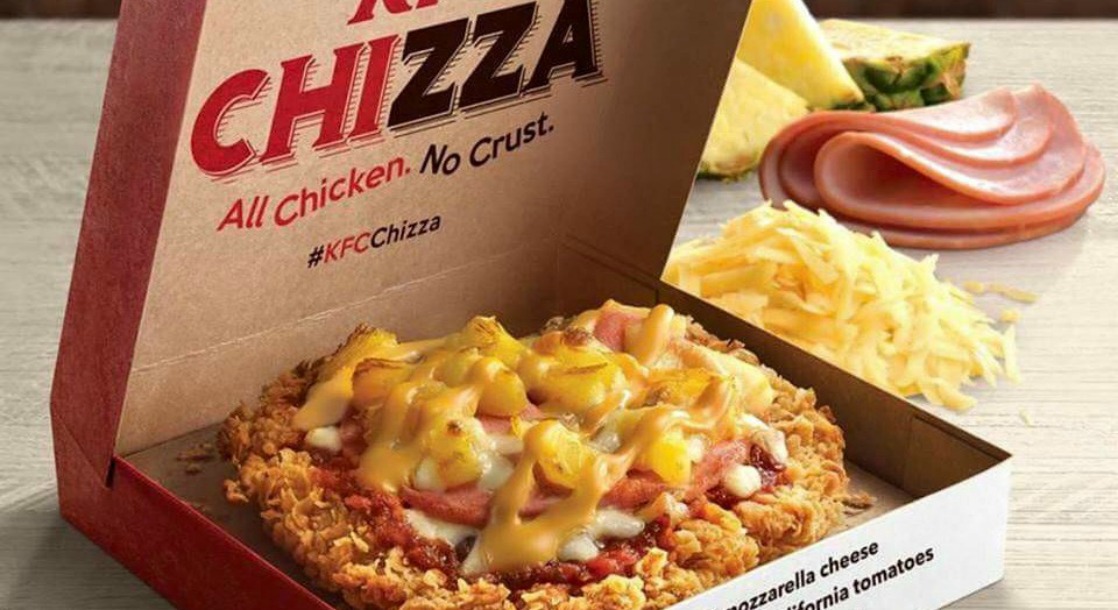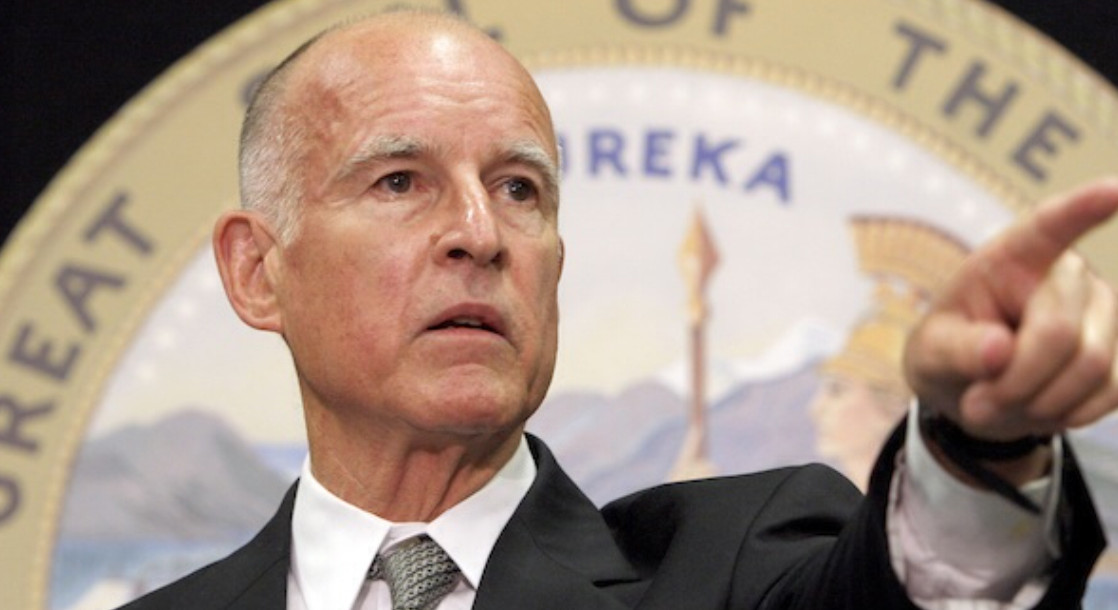Despite decades of local cultivation and cultural associations, cannabis has been illegal in Jamaica for over 100 years. Even after legalizing medical marijuana in 2015, the Caribbean nation did not produce a legal pot crop until February of this year. Now, as the small island’s legal weed industry begins to grow, a Canadian cannabis company is spending a pretty penny to make sure that Jamaica’s native strains are documented and preserved in the face of inevitable genetic twists.
According to Forbes, Jamaica Medical Cannabis Corporation Ltd. (JMCC), a fully licensed Canadian exporter of Jamaican cannabis, has invested $2 million in a partnership with Jamaican charitable organization the National Foundation for the Development of Science and Technology (NFDST) to identify and catalogue the island’s long-adored indigenous marijuana varieties.
“JMCC is fully committed to supporting the Jamaican medical cannabis industry every way we can and ensuring there are lasting benefits for the country and its people,” Diane Scott, JMCC's Chief Executive Officer, told Forbes. "As Jamaican medical cannabis grows in popularity, there is a real threat that the country’s unique strains will be lost or irrevocably contaminated by hybridization, and it was important for us to be able to help to preserve what we believe are some of the best medical cannabis strains in the world.”
As the global cannabis industry continues to expand, cultivators across the world have been splicing seeds and crossing genetics at every turn in an effort to increase cannabinoid levels, boost yield, mix terpenes, and more. And so for the same reason that most commercially sold pot is labeled by percentages of both sativa and indica, finding untouched strains is becoming increasingly difficult.
To make sure that the island’s rich cannabis history is not genetically crossed into oblivion, JMCC will help NFDST researchers contact and convince local growers to donate seeds to the project. Even with $2 million in funding from the Canadian benefactor, though, NFDST officials said that they would not be paying local cultivators for their seeds, but rather hope that they will participate for the good of the country, and for the benefit of medical marijuana users across the world.
"We shall be using a nutraceutical affirmation of the claims for health benefits and we shall be archiving these claims for posterity, so that we can assure a hundred years from now that Strain X shall be Strain X and not hybridized out or cross-fertilized in any way,” said Professor Errol Morrison, the Director General of the National Commission on Science and Technology.
Follow Zach Harris on Twitter











